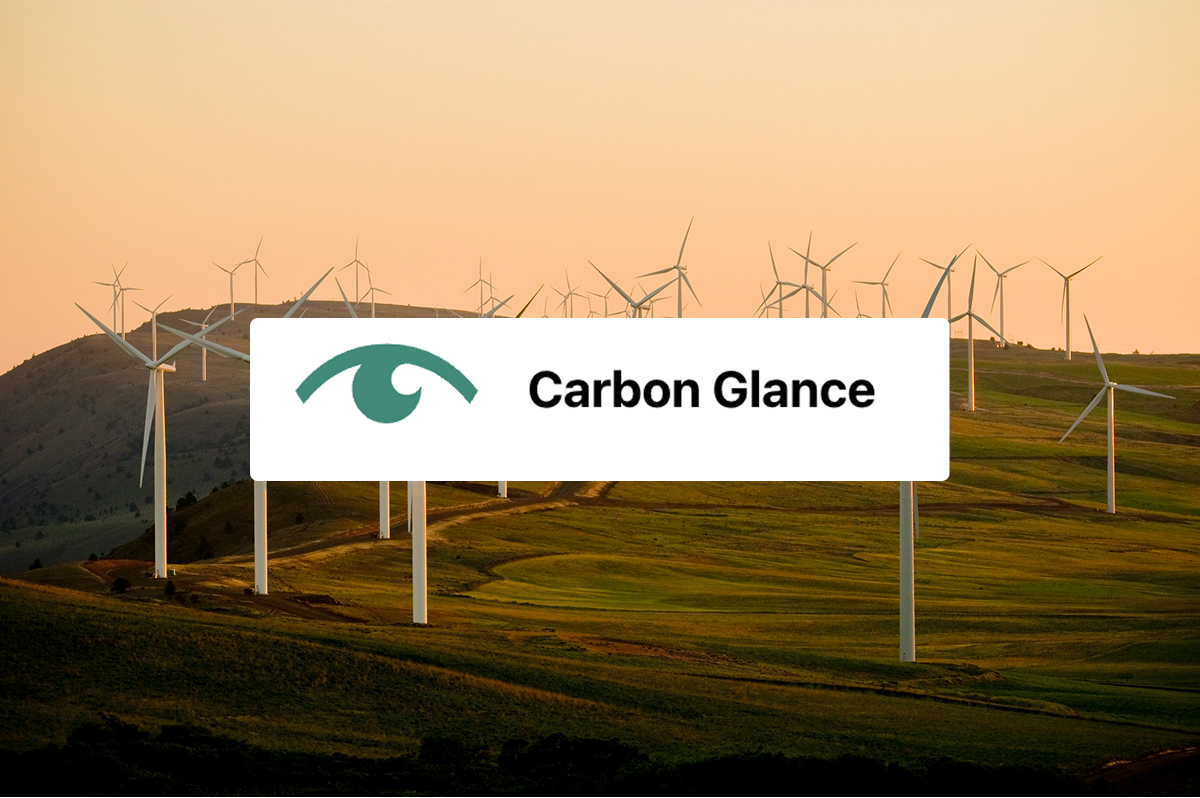CBAM Compliance: Driving Sustainable Trade
As global markets shift towards reducing emissions, the Carbon Border Adjustment Mechanism (CBAM) represents a vital step in achieving a carbon-neutral future. Here’s everything you need to know about CBAM, why it matters, and how CTB Group is ensuring compliance for smooth, sustainable trade.

What is CBAM
The Carbon Border Adjustment Mechanism is the EU's tool for ensuring fairness in carbon pricing. It places an equivalent carbon cost on imported goods as those produced domestically, encouraging cleaner production globally.
CBAM applies to high-emission industries, including steel, cement, and aluminium.
The transitional phase (2023-2025) leads to full implementation in 2026.
It aligns with the EU's Emissions Trading System to ensure consistency.
Why CBAM Compliance Matters
CBAM compliance is crucial for reducing carbon emissions and promoting environmental sustainability. By adhering to these regulations, businesses can enhance their reputation and gain a competitive edge in the market.
Protects the environment for future generations.
Enhances brand reputation and customer loyalty.
Ensures compliance with global sustainability standards.

Our Commitment to CBAM Compliance
At Cooper Turner Beck, we prioritise environmental responsibility. Our proactive approach to CBAM has ensured early compliance and is setting us up for success in both the EU and UK regimes.

Rigorous Data Reporting
Our emissions data reporting system provides precise, product-level carbon data. This ensures our steel products meet CBAM requirements, supporting clients across industries.

Centralised ESG Team
All CBAM data requests are managed centrally by our dedicated ESG team, streamlining processes for faster and more accurate documentation.
%20Large.avif)
Industry-Leading Achievements
CTB is among the first in its sector to submit timely, comprehensive CBAM declarations—a testament to our proactive and innovative approach to compliance. Our EU declarant sites have continued to submit their quarterly declarations to the transitional registry, and they are now fully prepared for the definitive phase in 2026.

Global Readiness and Tools
To support our installations outside the EU, CTB has adopted specialist software — Carbon Glance — which streamlines the provision of high-quality CBAM data for customers. This joined-up approach across regions ensures we deliver consistent, robust emissions data and customer support wherever we operate.
We continue to track evolving guidance closely and are well-prepared for the introduction of the UK CBAM in 2027, ensuring continuity and confidence across our supply chain.
CBAM FAQs
Non-EU exporters must provide carbon data for specific products, ensuring compliance with the EU’s carbon pricing system.
The initial focus is on high-emission sectors such as steel, aluminum, cement, fertilisers, and electricity.
CTB provides detailed emissions data, ready-to-use CBAM declarations, and expert guidance to simplify compliance for our clients. For more information on how we can support you, please contact our team.
Yes, there are penalties for non-compliance with CBAM regulations. Businesses that fail to provide accurate carbon emissions data or do not submit required CBAM certificates can face significant consequences, including, financial penalties, border delays and reputational damage.
CBAM supports fair competition by ensuring imported goods face the same carbon costs as EU-produced goods. It encourages businesses to adopt cleaner technologies, reducing emissions and fostering long-term sustainability. Compliance also enhances a company's reputation and future-proofs operations in a market increasingly prioritising climate responsibility.
